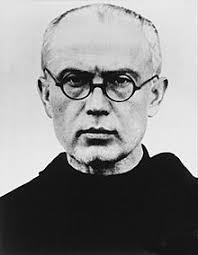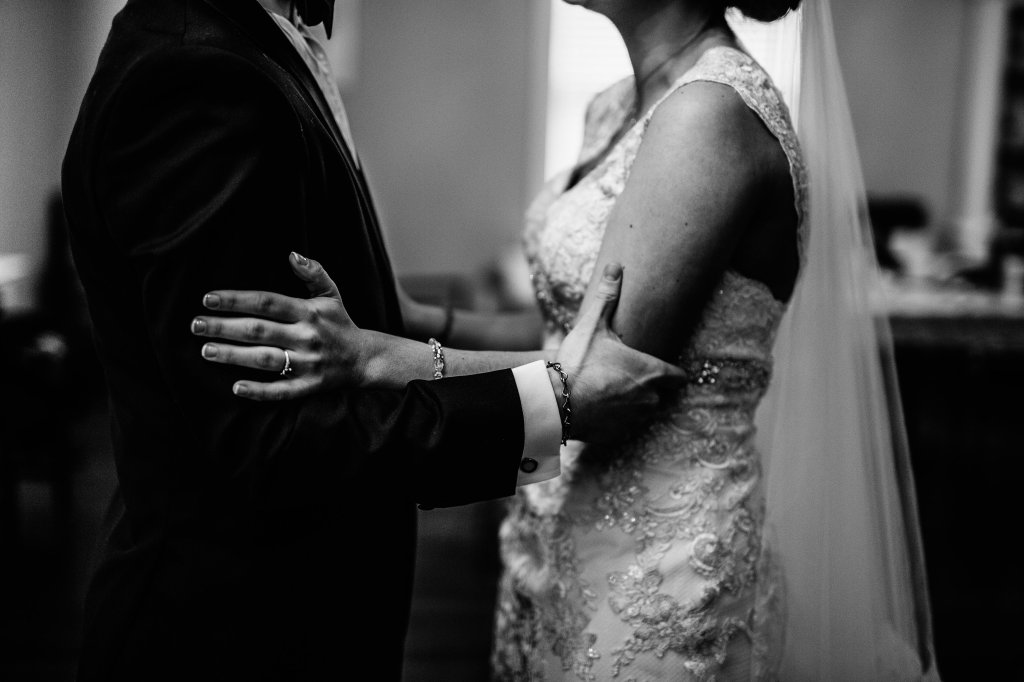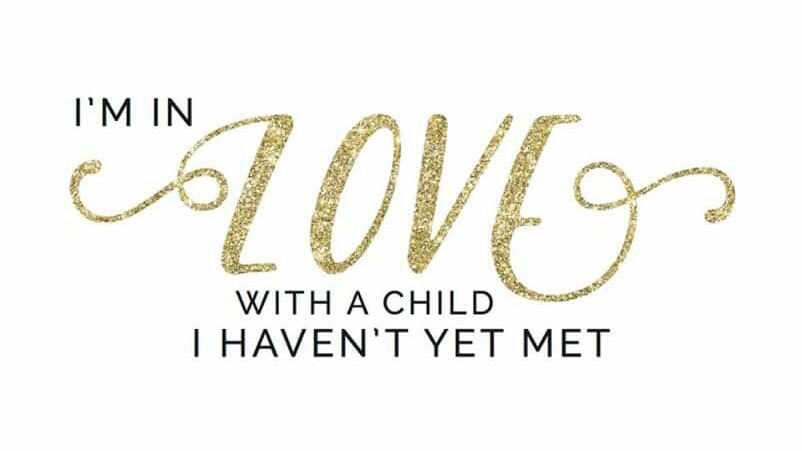Tag: Suffering
-
Trust: The Heart of NFP
I will forever remember the first time I tried to educate somebody else about NFP. I was explaining that NFP along with natural reproductive technology, or NaPro, could actually provide health solutions for most problems treated by the pill. My audience: my junior level morality class. I am one of the first in a generation…
-
When it Falls Apart
This is a post I wrote in February of 2020 Most of the time I am able to do things independently. I don’t like asking others for help. I definitely don’t like being seen as weak. And yet there are times when the situation demands that I ask for help, even when I don’t want…
-
St. Maximilian Kolbe

Song Amidst Sorrow Ten men stand gathered in prayer. Maximilian Kolbe leads the group and begins to sing. The men join him in song, and their praises echo from within Cell 18 of Block 11. The men are shut in an underground bunker in Auschwitz, sentenced to die because of a prisoner escape. And yet,…
-
Beauty in the Broken

My body was literally attacking itself. It wasn’t functioning as it should, again, and it was affecting my ability to care for my daughter. I was angry, I was hurt, I was broken.
-
A Letter to my Future Children

When Nicholas and I decided to be open to children from the beginning of our marriage, we both hoped for the best. I could never have anticipated the heartbreak that has accompanied us on our journey towards having a child. I broke down the night after I took a negative pregnancy test during our fourth…